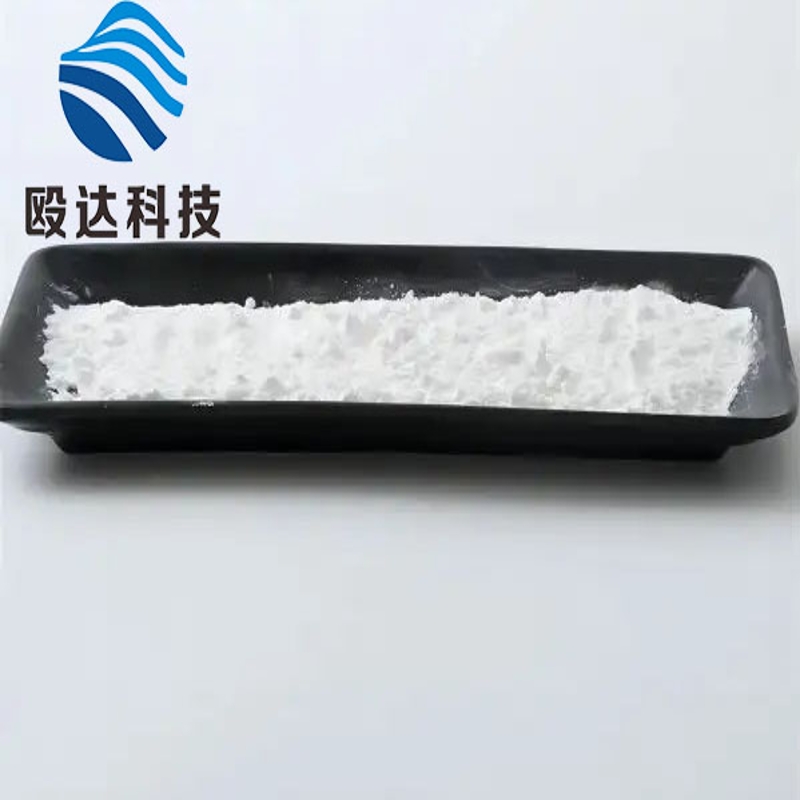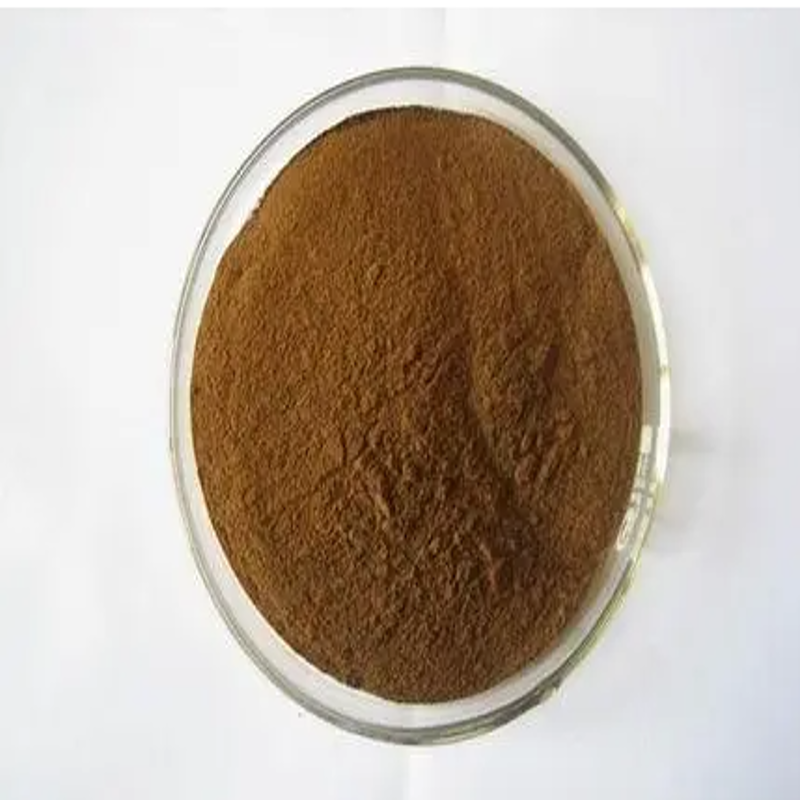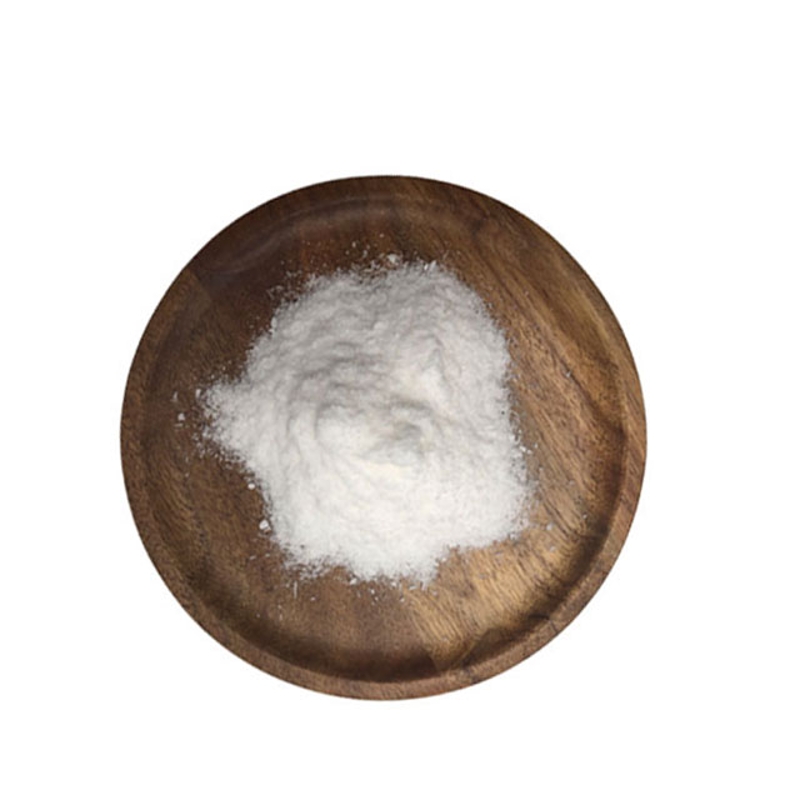-
Categories
-
Pharmaceutical Intermediates
-
Active Pharmaceutical Ingredients
-
Food Additives
- Industrial Coatings
- Agrochemicals
- Dyes and Pigments
- Surfactant
- Flavors and Fragrances
- Chemical Reagents
- Catalyst and Auxiliary
- Natural Products
- Inorganic Chemistry
-
Organic Chemistry
-
Biochemical Engineering
- Analytical Chemistry
- Cosmetic Ingredient
-
Pharmaceutical Intermediates
Promotion
ECHEMI Mall
Wholesale
Weekly Price
Exhibition
News
-
Trade Service
Older adults may be able to improve their working memory in a new way that combines
online therapy games with a non-invasive brain stimulation technique.
Working memory is essential
for people to function well in their daily lives.
This volatile form of memory holds and manipulates a limited amount of information in short time intervals, enabling people to interact
with their environment in an effective and efficient manner.
Working memory usually declines with age, and its ability to decline can lead to daily difficulties
in people with Parkinson's, dementia, and stroke.
Scientists and clinicians from the University of Birmingham in the UK, Dalhousie University in Nova Scotia in Canada and the University of Trento in Italy have devised a new technique to mitigate this decline
.
Researchers call this technique cognitive needs and skills training, or cognant
.
Research published in Frontiers in Ageing Neuroscience suggests that it is particularly beneficial
for older adults with low working memory (WMC).
Online therapy exercises, developed to improve working memory, concentration, and alertness, are packaged in
an engaging type of interface familiar to users of online games or apps.
Brain stimulation is performed through a mobile wireless device that delivers a small (2milliAmpère) transcranial direct current stimulation (tDCS)
during training.
The study subjects were healthy people between the ages of 55 and 76, who were divided into two groups
.
Both groups played a 20-minute online game every day for 5 days
.
One group also received tDCS, and the other wore a swimming cap-like tDCS device but did not
.
The researchers measured baseline working memory capacity (WMC)
before the study and two days after the end of the study.
They found significant improvements in WMC in all participants, regardless of their age or whether they received tDCS
or not.
Importantly, the combination of training games and tDCS showed particular benefits
in older adults with low initial working memory.
This subset included people aged 69.
5 to 76, an advantage that was evident from the first day of training and became statistically significant
at the end of training.
The senior author of the paper, Dr Sara Assecondi, a biomedical engineer previously based in Birmingham and now at the Centre for Psychology/Brain Sciences (CIMeC) in Trento, developed the technique with Professor Kim Shapiro, a cognitive neuroscientist at the Birmingham School of Psychology and the Centre for Human Brain Health, using Gail, a neuropsychologist from the Department of Psychology and Neuroscience and Psychiatry at Dalhousie College An online therapy game
developed by Professor Eskes.
Its clinical practice focuses on training
to improve and repair cognitive function.
The researchers are currently working with the technology transfer offices of the University of Birmingham and Dalhousie University, which are looking for business partners
who want to collaborate on developing and bringing technology using this approach to market.
Dr Sara Assecondi said: "The methods used for hospital rehabilitation are difficult to apply to the home environment, but our approach uses an online tool to provide brain stimulation through a device that can be used anywhere, with a dose determined remotely by
the doctor.
"
Professor Esquez's clinical research focuses on training to improve and repair cognitive function, designing brain training
.
"High-intensity workouts of the right difficulty are important
for improving brain volume and efficiency," she says.
And game-like elements increase player motivation and make it easier for them to stick to the challenge
.
”
Professor Shapiro's research focuses on attention and memory, saying: "Although cognitive decline in older people is inevitable, approaches like Cognant, combined with regular physical activity, can halt this decline and provide a higher quality of life
for individuals.
"
Researchers have shown in a previous study that combining tDCS with strategies on how to complete tasks that require working memory can help young people with low WMC develop strategies they would not otherwise be able to think of, thereby improving their performance
.
Dr Assecondi added: "The effects of both studies were clear, with the first showing that a combination of stimulation and strategic guidance can improve WM performance in young people and the second showing that stimulation may help older people use strategies
.
"
Further studies are being planned to examine other potentially more effective means of brain stimulation and a study evaluating the benefits of Cognant in post-stroke patients is currently being completed and is expected to be published
soon.
Journal Reference:
Sara Assecondi, Rong Hu, Jacob Kroeker, Gail Eskes, Kim Shapiro.
Older adults with lower working memory capacity benefit from transcranial direct current stimulation when combined with working memory training: A preliminary study.
Frontiers in Aging Neuroscience, 2022; 14 DOI: 10.
3389/fnagi.
2022.
1009262







